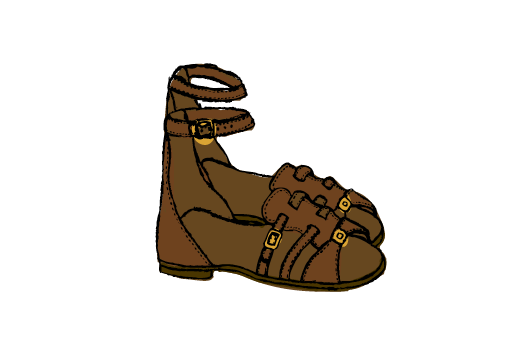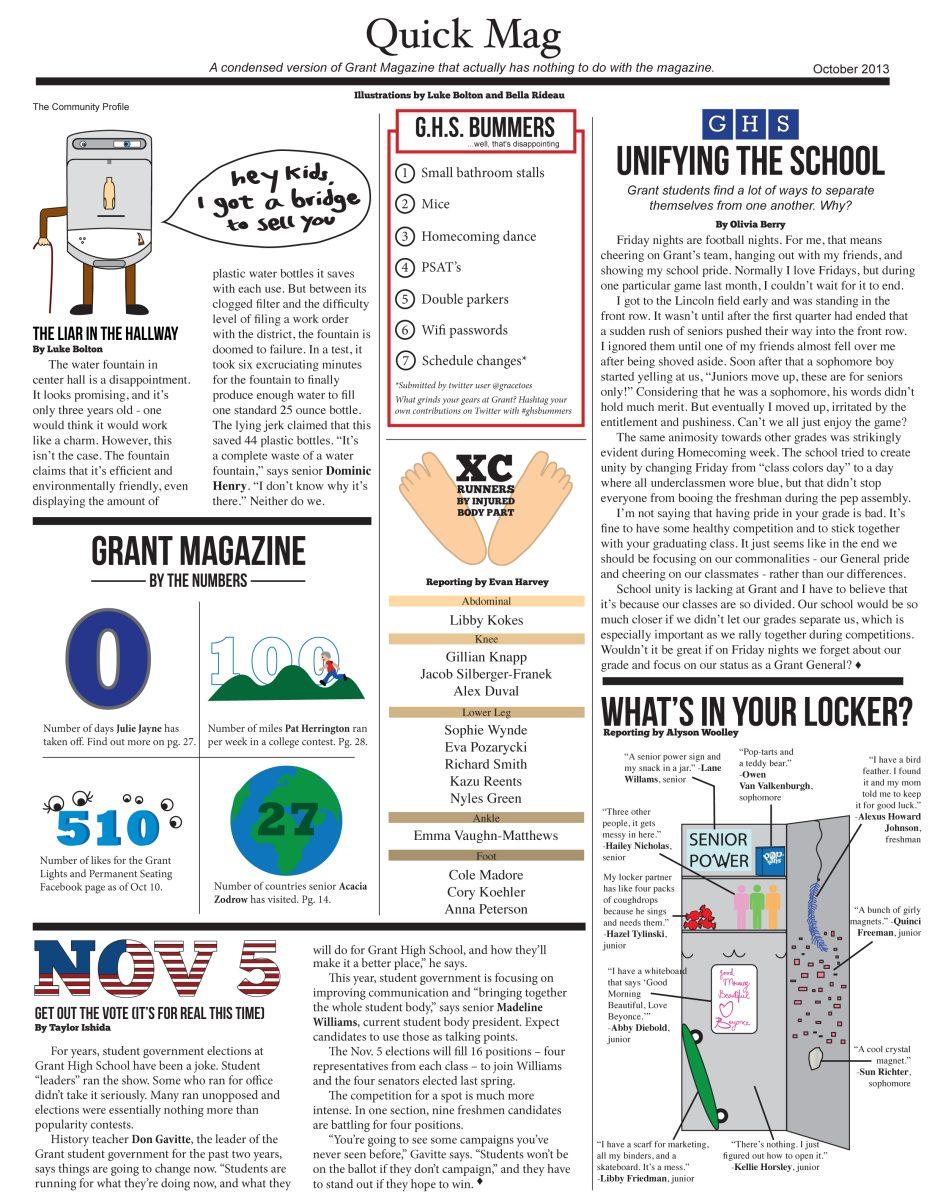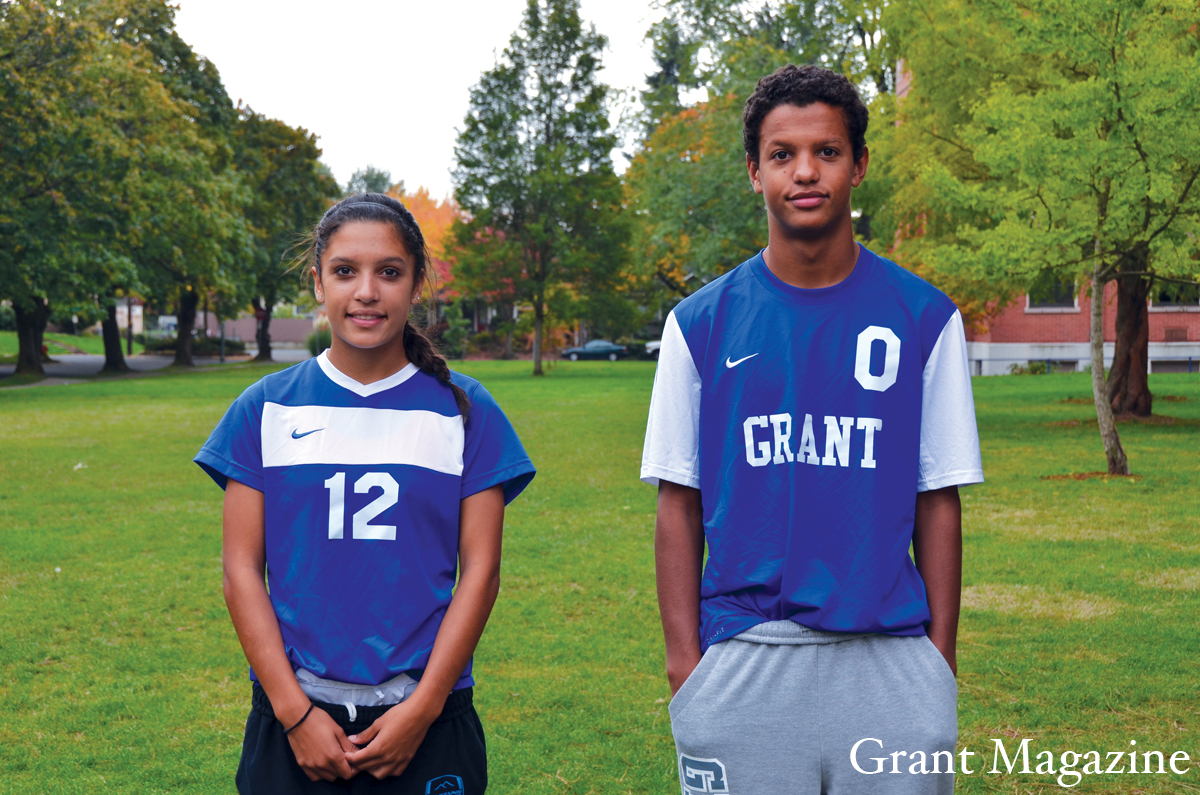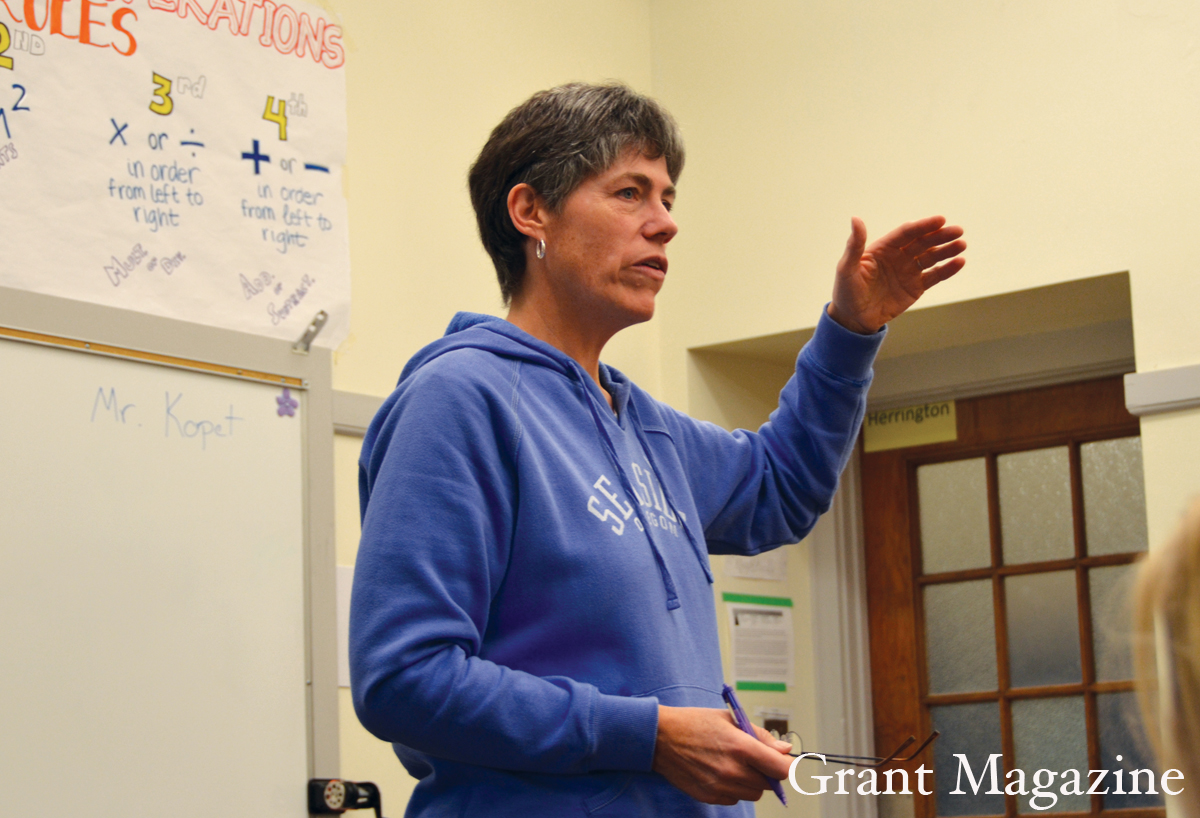As I was nearing the end of my sophomore year, my homework time on the computer quickly began to stray to online shopping. I remember scrolling along the Nordstrom website and spotting a pair of strappy, brown sandals.
I knew instantly: I had to have them. I could picture my future in those shoes, imagining myself as a whole new person, strutting down the street to the food carts in an ultra hip-grunge outfit, bohemian beads dangling from my dreadlocks, those little sandals belted to my feet.
Unfortunately, my mom caught sight of the price tag and vetoed the idea before I could make my case. But she didn’t understand – I needed those shoes.
I didn’t end up getting the sandals, and I have to admit I didn’t suffer without them. I came to realize that even with them, I couldn’t be the trendy babe of my own dreams.
High school students today are surrounded by so many things they don’t need. Often, the line between needing something and wanting something is blurred. I’ve recently begun to realize that although the things I buy give me instant gratification and (fleeting) happiness, the real life experiences I share with people make up my fondest memories and provide the most fulfilling, long-term happiness.
One of my favorite memories took place this summer, and oddly it was kind of a disaster that made me think about how much importance we put into luxuries. In August, current Grant junior Julia Hendrickson and I went on a service trip to Peru with about 20 other teenagers from the United States and Canada. All of us lived in a crowded residence in the middle of town with little running water, fewer clean clothes and no electronics.
We were living with a lot fewer luxuries than we were used to, so a mutual feeling of ecstasy came over us when we got an opportunity to go to Los Aguas Calientes, a thermal hot springs. We threw on our swimsuits and began an excited walk to the pools.
We smelled them before we got there. The rotten egg-salad odor was so pungent that it could only be the sulfur gas creeping up from the hot springs. When we got there, our shock increased. A few brave souls immersed themselves in the milky, lukewarm water as we looked around.
I was suddenly very glad the water was so murky. Sprawled on one another a few feet away was a teenage couple getting way too intimate for a public pool. Short, dark hairs that were suspiciously coarse floated on the water’s surface. An obese couple traded off giving one another massages, and I was pretty sure someone lying face down in the water was dead.
We all looked at each other, knowing full well that our initial thoughts were about how pampered we’d be in a resort-like atmosphere. There was nothing else to do but laugh. It didn’t matter that the highly anticipated luxury turned out to be the opposite. The bizarre experience I shared with my friends was so much more fun.
When I can have such a good time with experiences like this, why do I feel the need for material objects like those sandals? Now, I know that I wanted those sandals really badly, but it was just a “want.” I think that instead of making an effort to fill myself with unique experiences with people I love, I was choosing to fill that void with store-bought objects.
Why? Well, for one, buying something is way easier and gives you faster satisfaction than organizing a life-altering adventure. Also, despite what my own intuition tells me, advertisements are always there, coaxing me with the idea that all I need to be happy is to buy a product.
Global advertisers spent a total of $462 billion in 2012 to push products, according to strategic analyst Richard Guppy. The U.S. accounted for 34 percent of this spending. This trend isn’t going away. Advertising is effective and the money spent on it is growing exponentially.
Apparently, it’s working. Global spending in 2012 was three percent higher than the previous year, and is expected to increase by another four percent this year.
While trying to escape the trap of consumerism, I have a lot working against me, and it’s not going to get easier. Now that ads are springing up on phones, computers and TV screens, I know I can’t avoid them. But I don’t have to spend my money where advertisers want me to.
With the cash that I saved when I didn’t buy those shoes, I’ve started to save up for an experience that will really make me happy: Julia and I plan to spend the money on gas to drive up to Seattle to visit some friends we made on our trip to Peru.
When I grow old and start to reflect on my life, I’m not going to remember those shoes – or anything else I bought on impulse, for that matter. What I will remember are the experiences and adventures I made for myself. And I hope to have a lot more of them from now on. ♦
Click here for more Thoughts pieces.

































